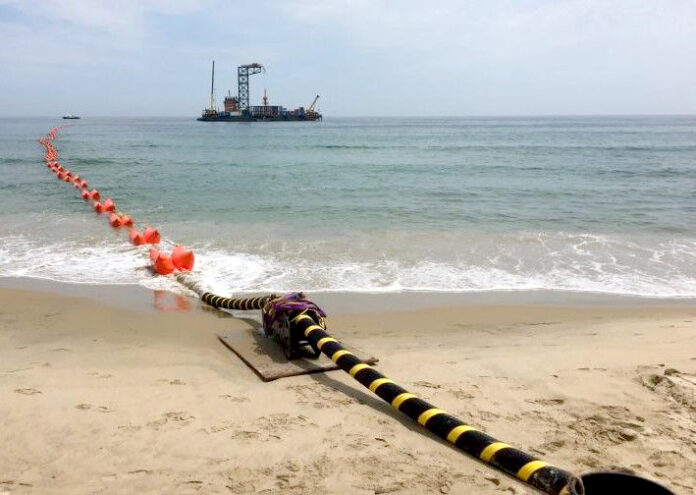Connecting massive arrays of offshore wind turbines to the state electric grid is a complicated process, and some fear the corporation looking to buy Rhode Island’s utility company is not up to the task.
And with plans to bring 1,000 megawatts worth of offshore wind to the state over the next decade, the state’s environmental and economic future requires a utility company with that expertise and experience.
Which is why environmental advocacy groups are urging state utility regulators not to approve the pending $3.8 billion sale of National Grid subsidiary Narragansett Electric Co. to PPL Corp. In a series of hearings the week of Dec. 13, groups made their case to the R.I. Division of Public Utilities and Carriers, which must give its blessing to the utility transfer.
Among those arguing against the sale was Kai Salem, policy coordinator for Providence-based Green Energy Consumers Alliance.
“Rhode Island has very ambitious climate goals that it must meet,” Salem said. “We may not be all the way on track to getting there yet, but we have a plan to do so and a utility company that does have a lot of experience working with states and regulators on these very advanced and complex processes to make renewable projects happen.”
That company is National Grid, which played a crucial role in the country’s first offshore wind farm off the coast of Block Island, as well as in project selections in New York and Massachusetts.
PPL Corp., meanwhile, has no experience in connecting or going out to bid for offshore wind projects, which the company admitted in filings to the state. However, the company insisted its 100-year track record providing power to 2.5 million people, primarily in Pennsylvania and Kentucky, was proof that it could take on Rhode Island’s power business, including renewable energy projects.
PPL will also bring on more than 1,000 National Grid workers, who can lend their expertise in offshore wind, Mark Miller, a spokesman for PPL Corp., said in an emailed statement.
“All that experience, talent and expertise, including experience with connections to wind power, will remain under PPL Corp. and its Rhode Island entity should the Division approve our petition,” Miller said in a statement.
But Salem was unconvinced, as was the Conservation Law Foundation, which also opposed the sale due to PPL Corp.’s lack of experience with the renewable energy programs, said Margaret Curran, a senior attorney for CLF.
The amount of power generated by offshore wind projects makes it a critical component of the state’s decarbonization goals, Curran said.
Economic development, including port infrastructure and jobs, also depends upon the state’s ability to establish itself as a leader in the “blue economy,” state leaders have agreed.
The pending sale has already put that reputation at risk, at least in terms of the 600-megawatt offshore wind farm the state announced in October 2020. The bidding process was put on hold amid the pending sale of Narragansett Electric. Meanwhile, delays in the federal approval for Revolution Wind pushed the project slated for federal waters off Block Island back to at least 2023, while other states such as Massachusetts and New Jersey have awarded thousands more megawatts worth of offshore wind projects.
“The center of energy has already shifted,” Salem said.
R.I. Commerce Corp., which has made offshore wind development a focus of its economic strategy, referred requests for comment to the R.I. Office of Energy Resources, which declined to comment since it is a party to the ongoing hearings. Orsted A/S and Eversource Energy, joint developers of Revolution Wind, also declined to comment.
Nancy Lavin is a PBN staff writer. Contact her at Lavin@PBN.com.












